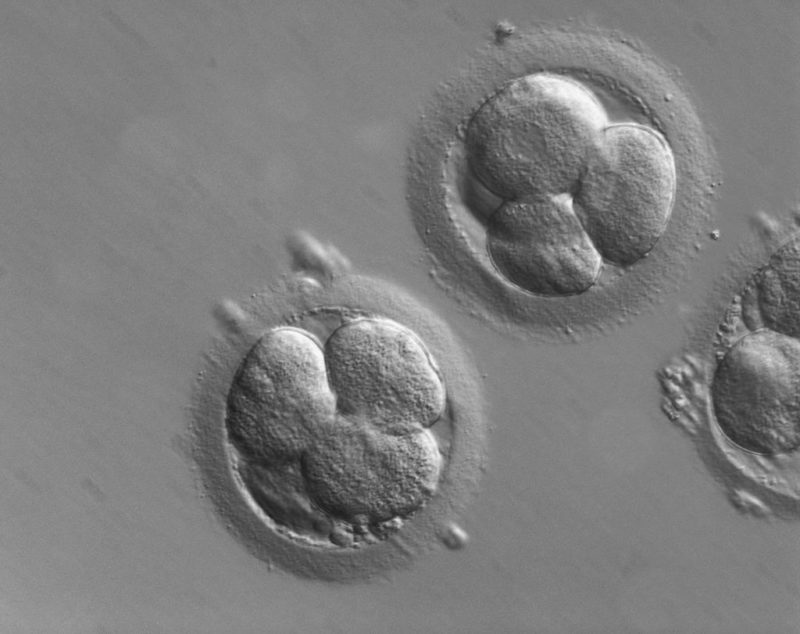After a couple splits up, it’s commonplace to see battles over child custody and who gets what property. Over the past few years though, a new kind of legal dispute has emerged – with more people than ever turning to advancements in reproductive science, who gets the frozen embryos? So far, there’s no simple answer. Angela Upchurch is a family law expert and a professor at the Southern Illinois University School of Law.
Upchurch says the state courts have been very split on the issue.
“Each state is really forced to consider: what do we do when couples who created these embryos no longer agree as to their outcome,” she says. “And so courts really have wrestled with this.”
She says some states have sought any evidence of a contract between the parties.
“As we’ve seen more disputes happen, more clinics are requiring – and even sometimes state laws require – parties to write out an agreement as to an outcome should they divorce in the future, or disagree about what to do with the embryos, what should happen,” she says.
When there’s no agreement to consider, courts often try to balance the rights of each party to the embryo.
“One jurisdiction specifically has used an approach that says, ‘We don’t want to look at past intent. We want to look at the contemporaneous intent. We want mutual consent to use an embryo at the time it’s to be implanted,’” she says.
Ultimately, Upchurch says the law needs to catch up with technology.
“As technology continues to evolve, many states have virtually no laws or haven’t really tested the laws they have with respect to embryos,” she says. “And as science continues to advance, our laws kind of fall woefully behind.”
Written by Jen Rice.














